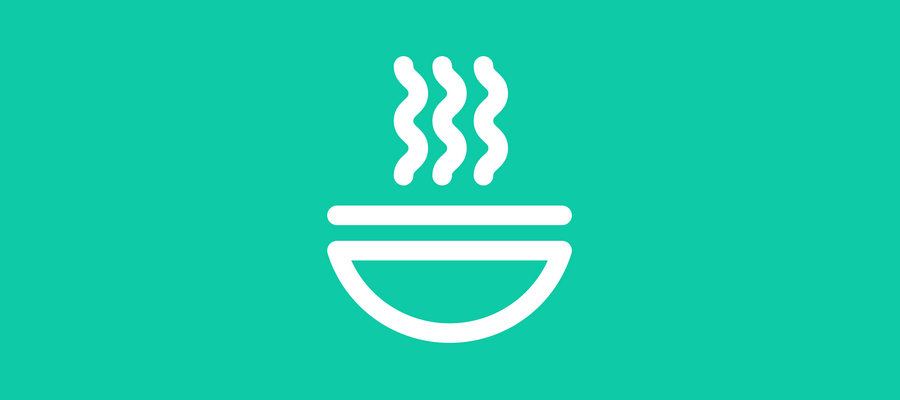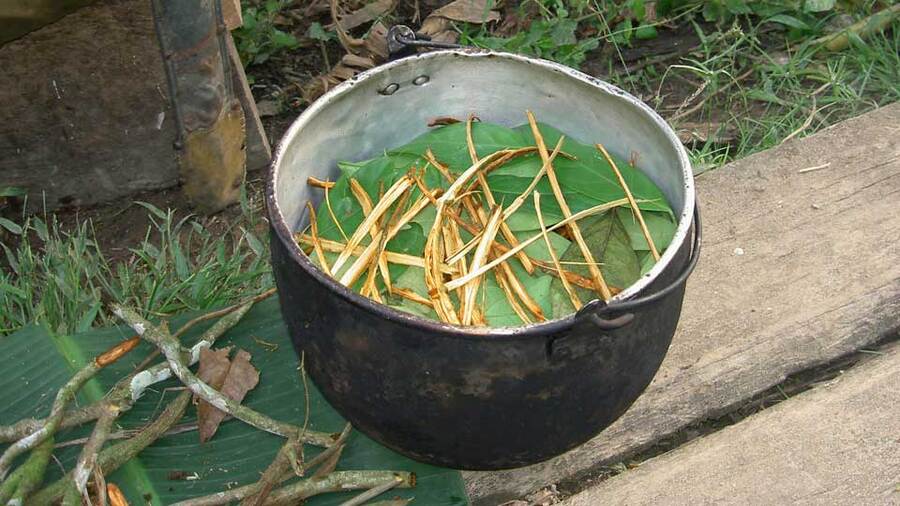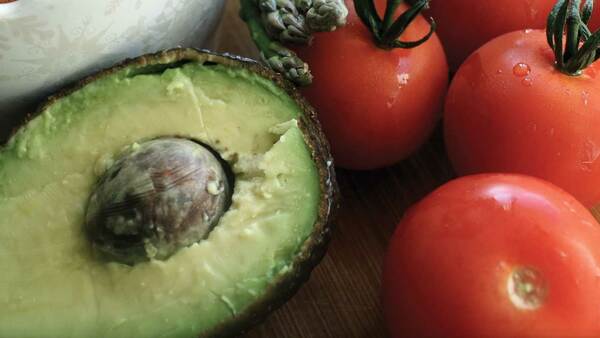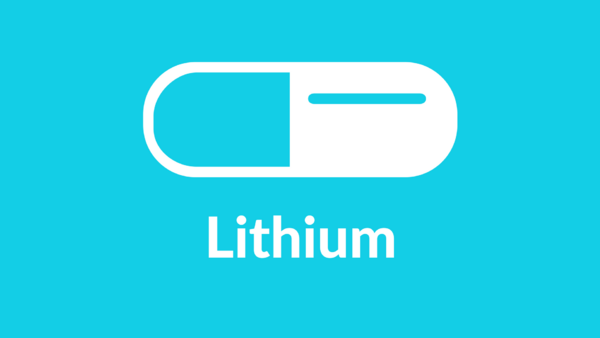
Can ayahuasca cure anxiety?
Ayahuasca is a brew used by the indigenous people of the Amazon basin for spiritual and healing purposes. It triggers hallucinogenic effects. Given that other psychedelics have been linked to improvements in mood, could ayahuasca help too?
What is it?
It's a brew made by the indigenous people of the Amazon basin. As there are different cultures, it has many different names, including natem and shori.
You make it by taking banisteriopsis caapi vine, breaking it into pieces and boiling it with certain other plants. When made with the correct plants, the result is a psychedelic drug, meaning that it will produce an altered state of consciousness.
When you take LSD, for example, you have a psychedelic experience. This brew does a similar thing.

How could it help?
First, there is some evidence that psychedelic drugs themselves provide a benefit. As anxiety and depression are to do with your state of consciousness, altering it could provide a benefit in itself. This could be why a range of psychedelics are being tested for their medical benefits.
Second, in order to work, the brew needs to contain a monoamine oxidase inhibitor (MAOI). MAOIs were the first generation of antidepressant drugs developed.
They're not used as much as newer drugs, such as SSRIs, because they have a wider range of interaction with other medications. But they were still quite effective as an antidepressant and are still prescribed to patients who fail to respond to other antidepressants.
Therefore, it could be that the MAOI provides the benefit, just like traditional antidepressants.
What is the evidence?
Until now, there hasn't been any evidence. However, earlier this month, scientists from the Federal University of Rio Grande do Norte in Brazil, published a trial they had conducted on using the substance to treat depression1.
They recruited 29 participants and split them into a treatment group and a placebo group. The treatment group received the ayahuasca, while the control group received a brew made up of something else.
You might think it would be pretty easy to tell whether you were getting the real thing or not. However, the experimenters went to great length to hide this, only recruiting people who did not know what ayahuasca was and using an active placebo (which means the non-treatment brew made you feel different as well).
The results showed that the group who received ayahuasca did significantly better when measured at one, two and seven days after treatment.
Sounds great! Do we need to be cautious?
Absolutely. Here are some reasons why:
This study is just one trial of 29 people, and the results were only just statistically significant (p = .04 for the scientists among you). So, we would need to see more trials and larger trials to check these results hold up.
The participants were only measured for seven days, so we don't know if this benefit remained over time or not.
Finally, this study looked at depression and not anxiety. Although treatments for the two are typically similar, or in the case of antidepressants, identical, we cannot be sure that the same benefit for depression would be seen in anxiety.
Summary
Psychedelics continue to be a promising avenue for anxiety and depression, and ayahuasca could be part of that. Although the evidence is limited so far, it is promising. However, we need to do more studies, and more importantly, studies explicitly looking at anxiety, before it can be recommended as a treatment.
Related articles
Metadata
Published 2 July 2018. Written by Chris Worfolk.
References
-
Palhano-Fontes, F., Barreto, D., Onias, H., Andrade, K. C., Novaes, M. M., Pessoa, J. A., ... & Tófoli, L. F. (2018). Rapid antidepressant effects of the psychedelic ayahuasca in treatment-resistant depression: a randomized placebo-controlled trial. Psychological medicine, 1-9. ↩︎

